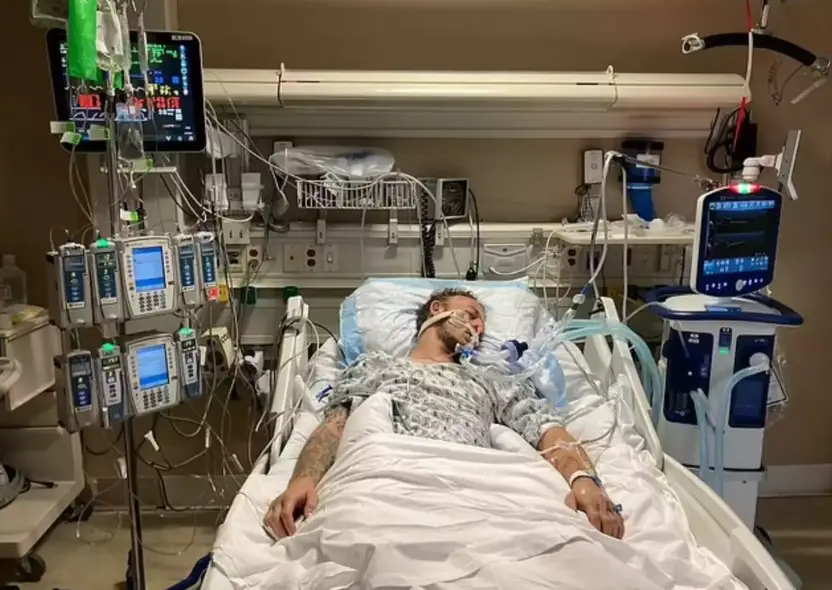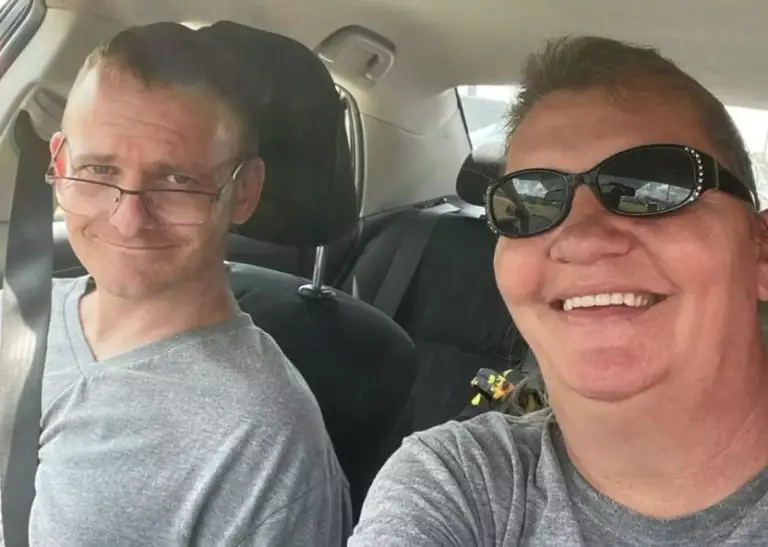Thomas “TJ” Hoover II, an organ donor declared brain dead after a 2021 overdose, shocked medical staff when he came back to life on the operating table as surgeons prepared to remove his heart for donation. Hoover had been declared brain dead at Baptist Health Richmond Hospital in Kentucky, and the procedure to harvest his organs was set to proceed when staff noticed him “thrashing around” and crying. Natasha Miller, responsible for preserving organs, was one of the first to realize something was wrong, recounting the chaotic scene that followed.
Miller claimed that despite Hoover showing clear signs of life, her supervisor was instructed by the Kentucky Organ Donor Affiliates (KODA) to proceed with the organ retrieval. These allegations have been denied by KODA, which stated it has never pressured anyone to collect organs from a living patient. Hoover’s case has sparked serious concerns about organ donation practices, prompting an investigation by the Kentucky Attorney General and US Health Services Resources.

Nyckoletta Martin, another former employee of KODA, corroborated Miller’s account, stating that Hoover had been re-sedated after showing signs of life while his heart was being examined for transplantation. Hoover’s sister, Donna Rhorer, who is now his legal guardian, expressed her deep anger and frustration over the incident. She recalled a moment when Hoover opened his eyes in the ICU, a sign she believes was her brother’s way of letting them know he was still alive.
This incident has drawn attention to the oversight in organ donation procedures, with advocates calling for more stringent safeguards. While KODA has denied any wrongdoing, Hoover’s case has left many questioning the system, highlighting the need for greater transparency and protection in such critical medical decisions.




